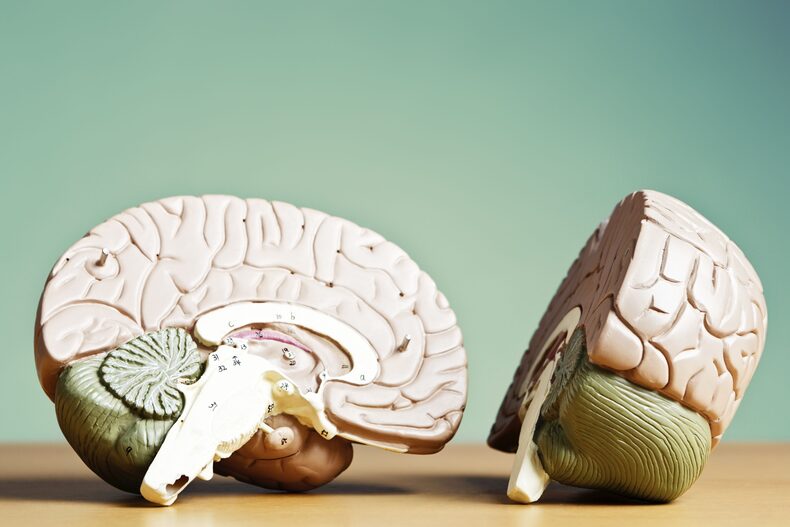According to researchers from Wenzhou Medical University in China, stable sleep habits give you a better chance of aging successfully.
Aging well, which can be defined as living as long as possible while maintaining cognitive abilities, physical health and active social participation depends on many factors.
Some of them cannot be controlled, as is the case with genetics, while others, like sleep, are changeable throughout our lives.
In a recent study published in the journal BMC Public Health Chinese researchers suggest that sleeping more than seven hours a night could be decisive for living longer without health problems.
How the study was carried out
The team of scientists from Wenzhou Medical University in China, sought to analyze how patterns of sleep duration may be related to successful aging in older adults.
To carry out their study, they analyzed data from more than 3,000 people aged 45 or older, whose sleep habits were recorded in 2011, 2013 and 2015 by the China Longitudinal Health and Retirement Study, which was followed by a health check carried out. in 2020.
Participants’ total sleep extent was calculated based on nighttime sleep hours and daytime naps.
Then, to define the notion of aging well, the researchers based themselves on five criteria: be free of major chronic illnesses such as cancer or diabetes, show no decline in physical function, have high cognitive functioning, good mental health and active engagement in life as reflected in participation in social or fun events.

How much sleep do you need to age well?
The team from Wenzhou Medical University found that among all study participants, only 13.8% (455 people) managed to meet the criteria for successful aging.
Additionally, they discovered that there are five sleep patterns: short stability (5-6 hours of sleep), increasing (6-8 hours), decreasing (average from more than 8 hours to less than 6), long stability (8-9 hours) and normal stable (7-8 hours) .
Patients who had a stable and normal sleep pattern had the best aging outcomes, at 18.1%. . Those who had a long and stable sleep pattern, that is, those who slept 8-9 hours, also had a high probability of 17.1%.
The study also identified that the group who slept less than seven hours were less likely to successfully age. Although other factors such as weight, tobacco and alcohol consumption, age and gender were taken into account, a causal relationship could not be confirmed due to the nature of the study.

The problem of accelerated aging
The researchers noted that China, which their study focused on, has one of the most rapidly aging populations in the world.
However, only 15.7% of elderly people in the Asian giant manage to age successfully while other countries like Japan and South Korea have 29.2% and 25.5% respectively.
Taking this scenario into account, the authors clarify that it is necessary to pay more attention to successful aging and the strategies that can promote it.
“These findings highlight that chronic sleep deprivation, as well as patterns of increases and decreases in sleep duration, are not simple age-related changes.” they pointed out in their study. “Rather, they appear to be fundamental indicators of the obstacles that exist in the search for successful aging,” they add.
Source: Latercera
I’m Rose Brown , a journalist and writer with over 10 years of experience in the news industry. I specialize in covering tennis-related news for Athletistic, a leading sports media website. My writing is highly regarded for its quick turnaround and accuracy, as well as my ability to tell compelling stories about the sport.


